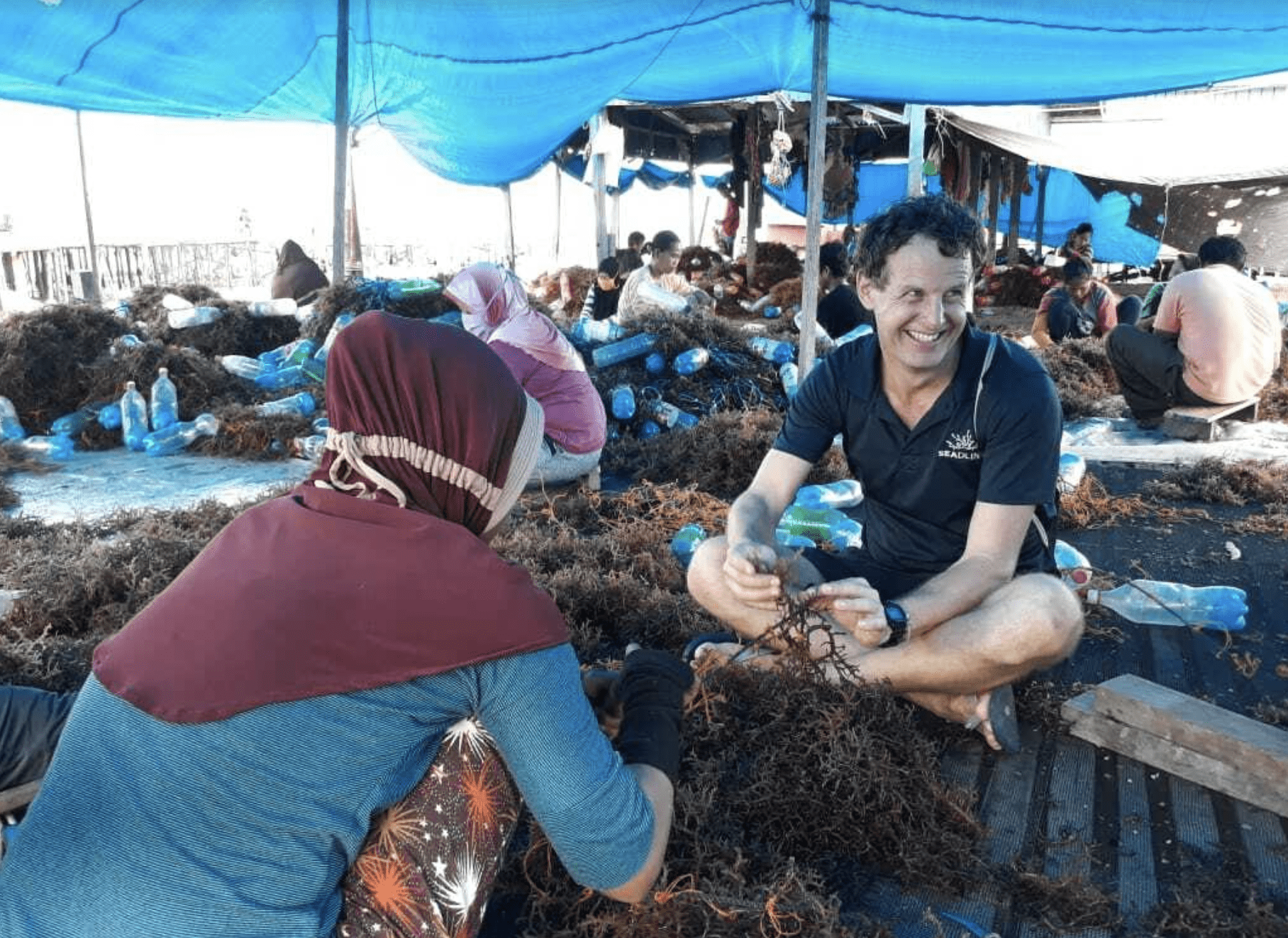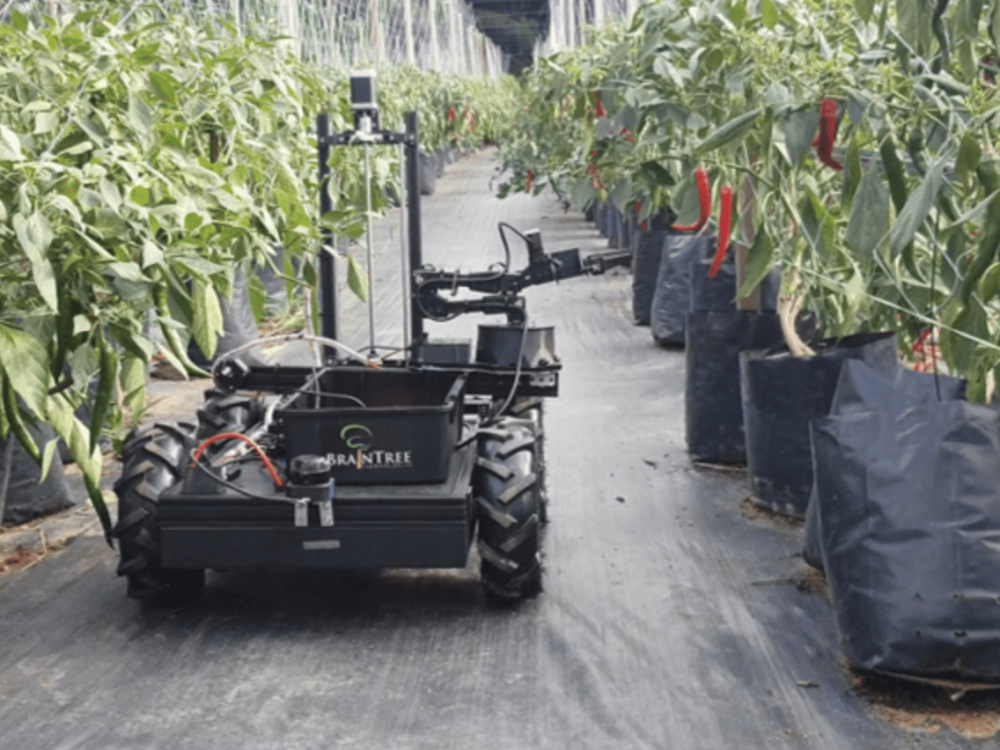Disclosure: GROW is backed by AgFunder, which is AFN’s parent company.
After 20 weeks of workshops, mentoring sessions, and pitching practice, the GROW Impact Accelerator‘s 2021 program has now come to a close. The 10 startups graduating from the cohort have shown awesome commitment and put in plenty of hard work – many of them, particularly those outside of Asia, keeping very unsociable hours given that the program was delivered virtually from Singapore due to Covid-19.
All that remains left to do is the GROW Impact Accelerator 2021 Demo Day, which is being held online next Monday, 13 September, 5 pm-7 pm Singapore/China time (11 am-1 pm CET; 5 am-7 am EST.)
If you’d like to join the event and see our startups making their pitches to investors, you can register here.
In the meantime, you can read (below) the final in our series of roundtable articles with the GROW Impact Accelerator’s latest GROWhort. We’ve already had discussions on plant-based foods (ANINA Culinary Art, Green Rebel, and Rainfed); tech for smallholder farmers (Mayani, Rubliabs, and S4S); and how novel ingredients and production methods can build resilience in the global food system (Biteback and Cellular Agriculture.)
This time, AFN sat down with two companies that are trying to make agriculture more climate-smart: one of them on land, the other at sea. They are:
- Braintree Technologies (Malaysia) – A robotic ‘farming-as-a-service’ platform that can transform unattended land into productive agricultural spaces, raising smallholder incomes and reducing greenhouse gas emissions.
- Seadling (Singapore) – An algae-ag startup producing functional ingredients for pet, aquaculture, and animal feed manufacturers from sustainably farmed seaweed in lower-income communities.
We spoke with:
- Simon Davis, founder, Seadling (SD)
- Arif Makhdzir, CEO, Braintree Technologies (AM)
AFN: What does ‘impact’ mean to you personally, and to your organization?
SD: I started this company for impact. I’m a sailor who’s been heavily involved in marine conservation, and I was strongly motivated to find a solution that would be a sustainable industry, in the ocean, that supports ‘proper behaviour’ in our oceans. Seadling creates healthy food, creates jobs for coastal communities, cleans the ocean, and captures carbon. Seaweed can do all these things – and our mission is to produce a billion tons of it a year by 2030.
AM: Impact means making real changes that affect people’s daily lives. As an organization, we do our best to embody this in our company’s culture – every day we put our efforts towards building the best autonomous robots in the world that change people’s lives for the better.
For us, social impact is important because we focus on providing real value to the community such that we can enhance their lives through increasing their income level. As for the industrial farming sector, robots can do the difficult, laborious work so that people can focus on more important things such as managing farms, thus elevating their job status. Our robots can pick chillies and spray pesticides, which are two of the most laborious jobs in farming.
AFN: Can you quantify the impact your technologies and solutions can create?
AM: Based on our multiple contacts with local farmers and industry players, most chili farmers are only able to produce 1.5 kilograms per polybag from two chilli trees, and they need at least two workers per acre. Our solution can help them to achieve 2.5 kilograms per polybag, and they will only need a quarter of the manpower per acre.
SD: We work with a community of 15 seaweed farmers in Borneo, who we offer guaranteed buy back. We help to provide an impact education program, workshops with local NGOs, and trainings with farmers on reducing plastic waste, as well as preservation of mangroves and corals.
AFN: What gives your company its competitive edge and differentiates it from others trying to solve the same problem?
SD: We have a handful of competitors, but we’re the only ones looking at the seed material to enable faster growing, faster harvests, and better yield and quality.
We’re also competitive on traceability. Many other companies buy their seaweed through middlemen, which can lead to ethical problems, but also quality problems.
What we’re doing is not selective breeding. Our tech enables seedlings to have a distinct advantage after they come through our hatchery process. We also look at farming areas to see which varieties will perform best.
AM: Being a robotics company in Southeast Asia [is advantageous because] it’s a place where farming is one of the major industries contributing to the region’s economy. Agriculture robotics company are mainly located in Europe and the US, but we’re located here in Southeast Asia, solving this region’s crop-specific problems.

AFN: What have been some of the biggest challenges for your startup so far? What have been some of the biggest successes?
SD: So many mate! I’d say there is a distinct lack of scientific knowledge in the tropical seaweed industry. For cold water species there’s a decent body of scientific work. But for warm water species, there’s no innovation in this area. So we’ve stepped in to create that innovation. It’s hard work, but we’re the front runners.
AM: Hiring talents is a major challenge for us. It’s very hard to find local talents with strong experience in robotics. Getting people from the US and Europe would also be challenging due to the pandemic. But our founding members are all 10x individuals – we come from diverse backgrounds of acquired startups and Fortune 500 companies.
AFN: What was your motivation for joining the GROW Impact Accelerator?
AM: We wanted to connect with the agritech ecosystem. The GROW Impact Accelerator provides access to agritech-specific VCs, connections with markets, and we get to know all the awesome companies in our cohort. The accelerator has proven to be a valuable experience as we are provided with critical feedback relating to improving ourselves. This gives us a better perspective on how to position ourselves in this industry.
We have looked, re-looked, and re-aligned our key strategies and positioning based on feedback received from our mentors and advisors. To me, the [program’s] ‘fireside chat’ sessions were amazing – we had direct contact with key individuals in the agriculture ecosystem, which gave us a better insight into how things work across different countries in Southeast Asia.
SD: We wanted to get introductions and exposure to industry leaders worldwide. We’re in rural Borneo; for us to connect with larger corporates, whether potential customers or potential partners, has been invaluable. The quality of mentors and coaches is excellent, and the GROW team are super-positive! And the quality of the introductions we’ve had has been great.





